2016 in review: Top 5 political events
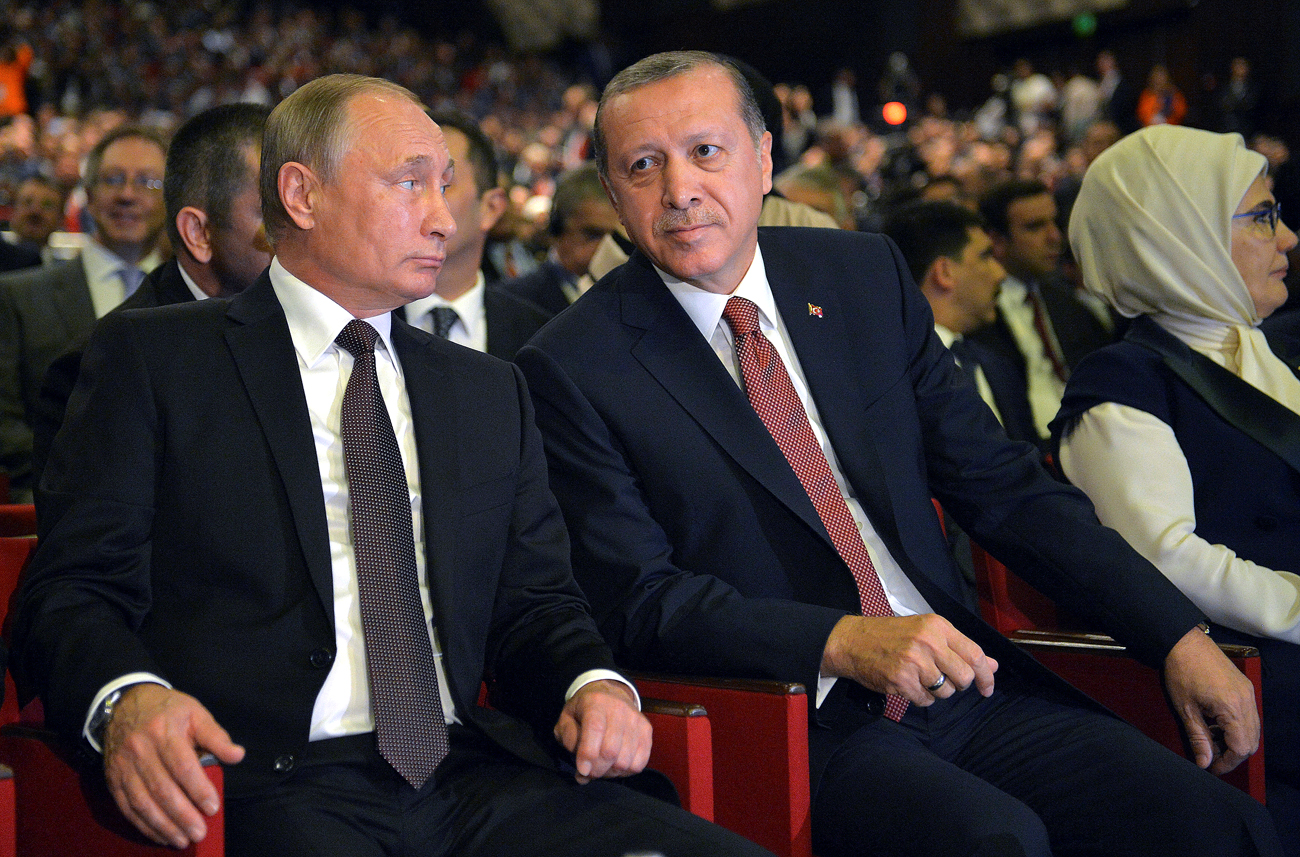
Relations between Turkey and Russia began to improve after Turkish President Recep Tayyip Erdogan apologized to Vladimir Putin on July 28 for Turkey’s downing of a Russian fighter jet in November 2015.
Reuters1. Intervention in Syria
Although President Vladimir Putin stated in March 2016 that the operation in Syria, which began in September 2015, "is in general, complete" and ordered the withdrawal of a part of the military group posted in that country, Russia continued is participation in the Syrian civil war throughout the year. Russian support helped the regime of Bashar Assad regain control of parts of the country, including Aleppo.
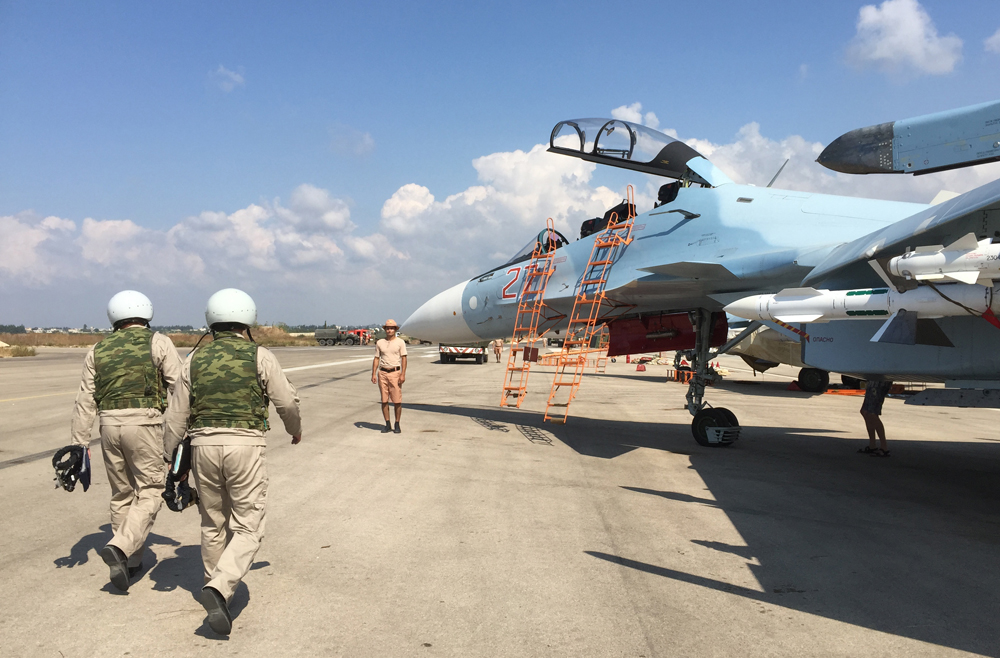 Moscow and Washington tried to revive the peace process, but the negotiations failed and the war continued. Source: Dmitriy Vinogradov/RIA Novosti
Moscow and Washington tried to revive the peace process, but the negotiations failed and the war continued. Source: Dmitriy Vinogradov/RIA Novosti
Russia also made attempts to work with the U.S. and other Western countries to find a way forward acceptable to both Assad and the opposition. On Feb. 27, thanks to mediation by Moscow and Washington, a ceasefire was announced that lasted for several months. In July, however, a major battle erupted in Aleppo that lasted the rest of year.
Moscow and Washington tried to revive the peace process, but the negotiations failed and the war continued. By the end of 2016, government forces had gained control of a significant part of Aleppo.
In March, Russia’s Aerospace Forces helped the Syrian Army liberate the ancient city of Palmyra from ISIS militants, but in December, the Islamic radical group again entered the city.
2. Reconciliation with Turkey
Relations between Turkey and Russia began to improve after Turkish President Recep Tayyip Erdogan apologized to Vladimir Putin on July 28 for Turkey’s downing of a Russian fighter jet in November 2015. Russia reestablished charter flights to Turkey and removed some of the economic sanctions it had imposed after the incident. Russian tourists returned to Turkey, and in October, the countries signed a long-awaited agreement on the construction of the Turkish Stream gas pipeline.
 Russian tourists returned to Turkey, and in October, the countries signed a long-awaited agreement on the construction of the Turkish Stream gas pipeline. Source: Reuters
Russian tourists returned to Turkey, and in October, the countries signed a long-awaited agreement on the construction of the Turkish Stream gas pipeline. Source: Reuters
Rhetoric from Moscow towards Ankara also changed dramatically. Putin, who in 2015 called the incident "a stab in the back from supporters of terrorists," said in August that Turkey is a friendly country with which Russia "has unique cooperation and interactivity." Putin met with Erdogan three times this year. The president’s press secretary, Dmitri Peskov, said that Putin and Erdogan once again have "a trusting relationship."
3. Doping allegations
On July 18, less than a month before the start of the 2016 Summer Olympic Games in Rio de Janeiro, a committee of the World Anti-Doping Association (WADA) published a report on doping in Russian sport. The report was based, among other things, on statements made by former Russian sports official Grigory Rodchenkov. According to the report, Russia’s anti-doping agency collaborated with the Sports Ministry and the FSB to cover up a wide-ranging doping program for Russian athletes. According to the report, Russian athletes were doping during the 2012 Summer Games in London and the 2014 Winter Games in Sochi.
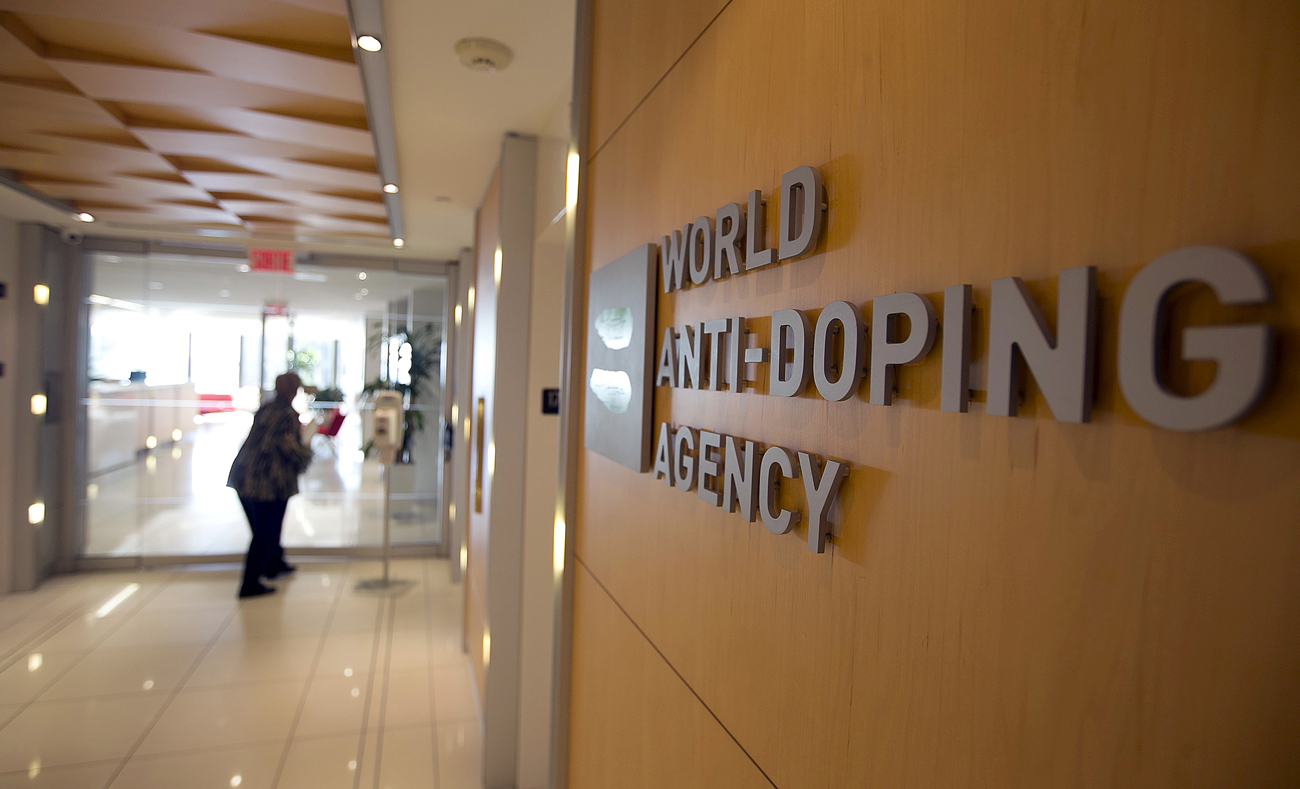 The Russian government has repeatedly denied the doping scandal, but the IOC took the report very seriously and considered banning all Russian athletes from Rio. Source: Reuters
The Russian government has repeatedly denied the doping scandal, but the IOC took the report very seriously and considered banning all Russian athletes from Rio. Source: Reuters
The Russian government has repeatedly denied the doping scandal, but the IOC took the report very seriously and considered banning all Russian athletes from Rio. In the end, a number of Russians were allowed to compete in Brazil, but the scandal is far from over. In December, WADA commissioner Richard McLaren published the second part of the report, which said more than 1,000 Russian athletes have participated in a state-sponsored doping program. Now, international sports federations and the IOC must decide on possible sanctions against Russian sport as a whole and athletes individually.
4. Roller-coaster of relations with the U.S.
For the first half of the year, relations between Moscow and Washington see-sawed between relative calm and harsh rhetoric. The countries faced off repeatedly over the war in Syria: Russia accused America of supporting terrorists while the White House and the State Department claimed that Russia was targeting civilians to protect Assad. In October, Putin ordered Russia’s withdrawal from an agreement with the U.S. over the joint disposal of weapons-grade plutonium, freezing cooperation in the sphere of nuclear disarmament.
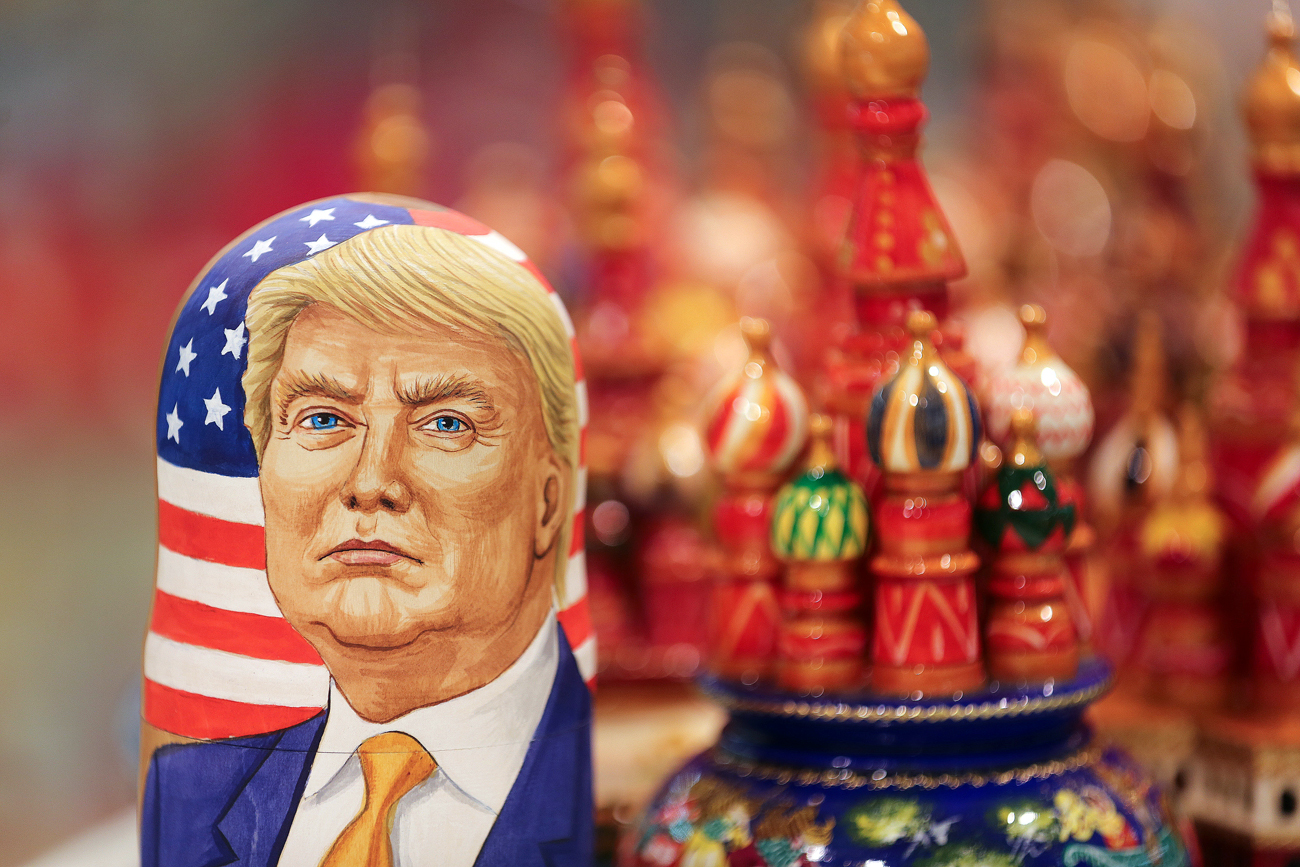 Putin ordered Russia’s withdrawal from an agreement with the U.S. over the joint disposal of weapons-grade plutonium, freezing cooperation in the sphere of nuclear disarmament. Source: Getty Images
Putin ordered Russia’s withdrawal from an agreement with the U.S. over the joint disposal of weapons-grade plutonium, freezing cooperation in the sphere of nuclear disarmament. Source: Getty Images
The tumultuous U.S. presidential election campaign brought other changes in the relationship. On many occasions during the campaign, Republican Donald Trump, who eventually won, emphasized the importance of friendly relations between Russia and the United States. He also repeatedly stated his respect for Putin as a strong leader. U.S. officials have accused Russia of interfering in the elections — effectively enabling Trump’s election — by hacking the Democratic Party's servers and releasing private information, among other things. Russian officials have denied the allegations.
5. Alexei Ulyukaev arrested for corruption
In recent years, mayors, governors and deputy ministers have all been arrested on corruption charges, but this year, for the first time in the history of the Russian Federation, an acting minister was officially accused of corruption. On Nov. 14, 2016, Minister of Economic Development Alexei Ulyukaev was arrested for extorting a $2-million bribe from the Rosneft oil company.
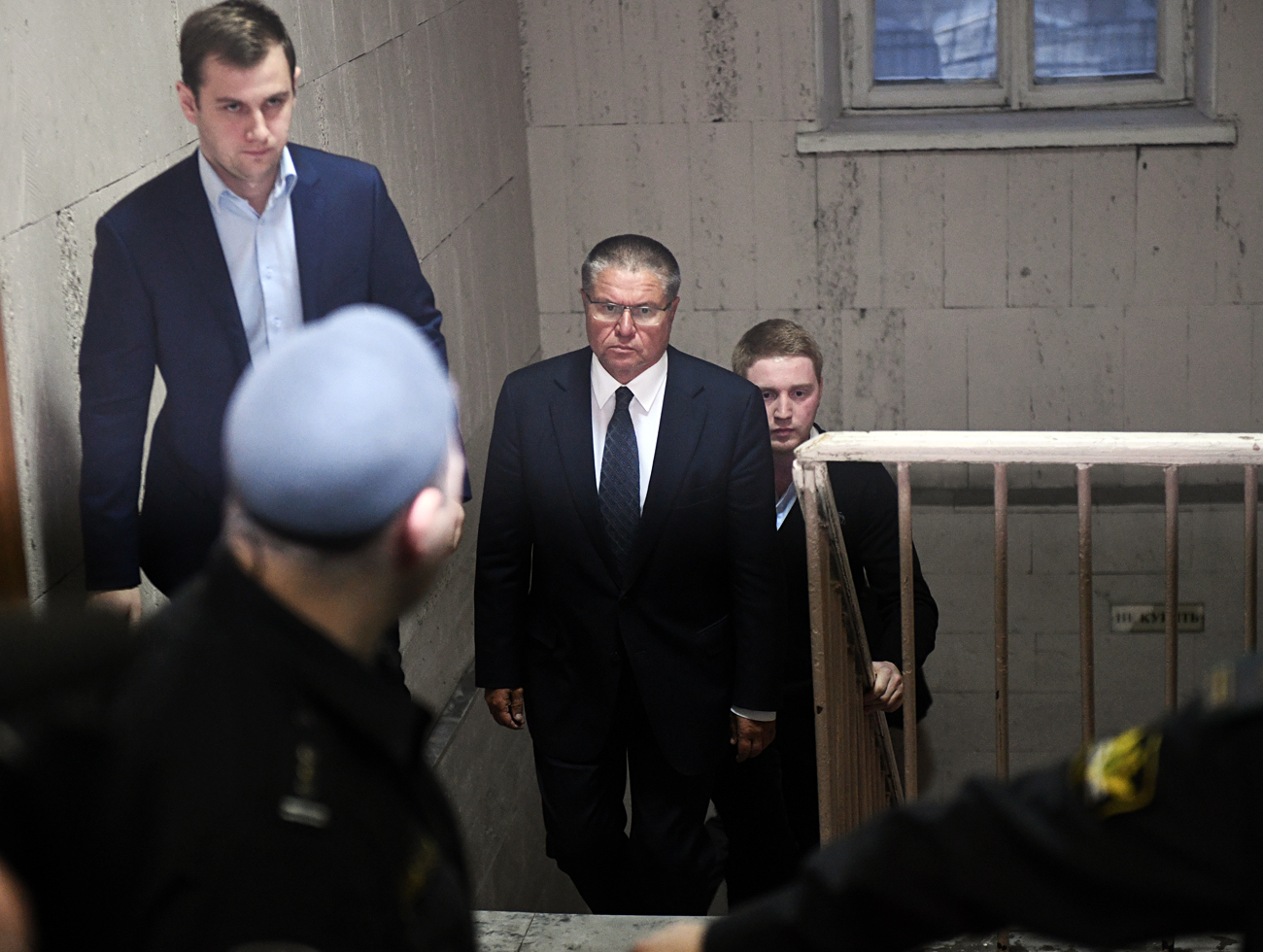 Russian Economic Development Minister Alexei Ulyukayev at Moscow's Basmanny Court. Source: Maksim Blinov/RIA Novosti
Russian Economic Development Minister Alexei Ulyukayev at Moscow's Basmanny Court. Source: Maksim Blinov/RIA Novosti
According to the investigation, the minister threatened to sabotage Rosneft's acquisition of a controlling stake in another large oil company, Bashneft. Ulyuakev's supporters believe that the arrest is a manifestation of a concealed struggle for power: that the minister fell into a trap set by competing Kremlin clans. Ulyukaev will spend the New Year awaiting trial under house arrest without the right to communicate with the media. He maintains his innocence.
Read more: Opposition firebrand Alexei Navalny now free to run for president>>>
Subscribe to get the hand picked best stories every week
All rights reserved by Rossiyskaya Gazeta.
Subscribe
to our newsletter!
Get the week's best stories straight to your inbox